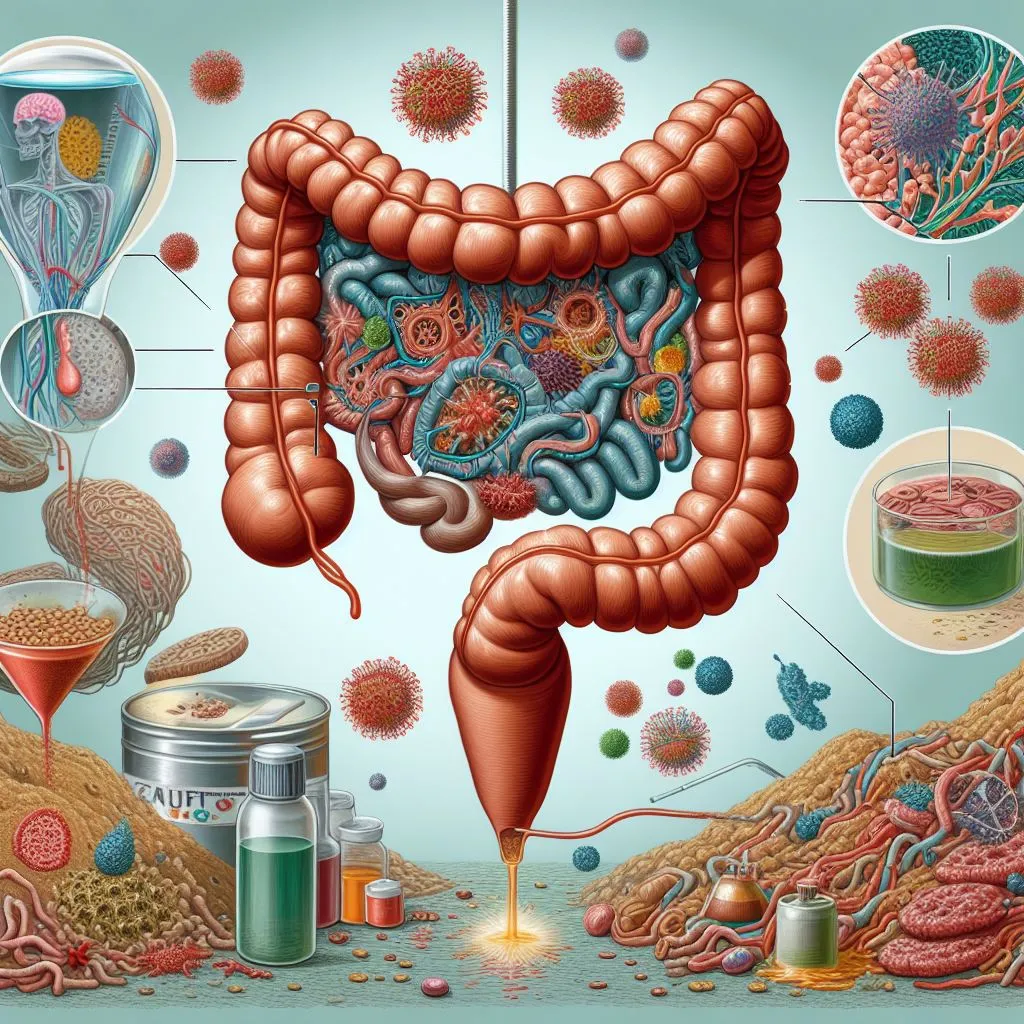Belgian researchers have found that fecal microbiota transplantation (FMT) could hinder the progression of symptoms associated with Parkinson’s disease. The effectiveness of fecal microbiota transplantation in slowing Parkinson’s symptoms Early stages of Parkinson’s are marked by the accumulation of proteins within the intestinal wall, which then migrate to brain cells via the vagus nerve, connecting the gut and brain. Studies indicate that individuals with Parkinson’s often exhibit an altered intestinal microbiome and impaired gut barrier function compared to healthy individuals.
Building on this insight, the Department of Neurology at the Ghent University Hospital, in collaboration with Ghent University and the VIB-UGent Center for Inflammation Research, investigated the impact of fecal microbiota transplantation (FMT) from healthy stool on the progression of Parkinson’s disease. Patients were monitored over a year, and the findings were published in The Lancet journal.
Motor Symptoms Improvement Through Fecal Transplantation in One Year For the study, individuals in the early stages of Parkinson’s and healthy donors were recruited, with the latter donating their stool to the Ghent Stool Bank. The patients with the neurodegenerative condition received the stool through a tube inserted through the nose and advanced into the small intestine, to directly administer the mixture.
The researchers observed an improvement in motor symptoms, particularly between the sixth and twelfth months following transplantation. “Our findings are truly promising (…) After twelve months, participants who received fecal transplantation from a healthy donor showed a significant improvement in their motor score, which is the most important measure of Parkinson’s disease symptoms,” stated Dr. Arnout Bruggeman, lead author of the study and researcher at VIB-UGent-UZ Gent. Further research is needed to determine if this treatment can also slow the disease’s progression.

